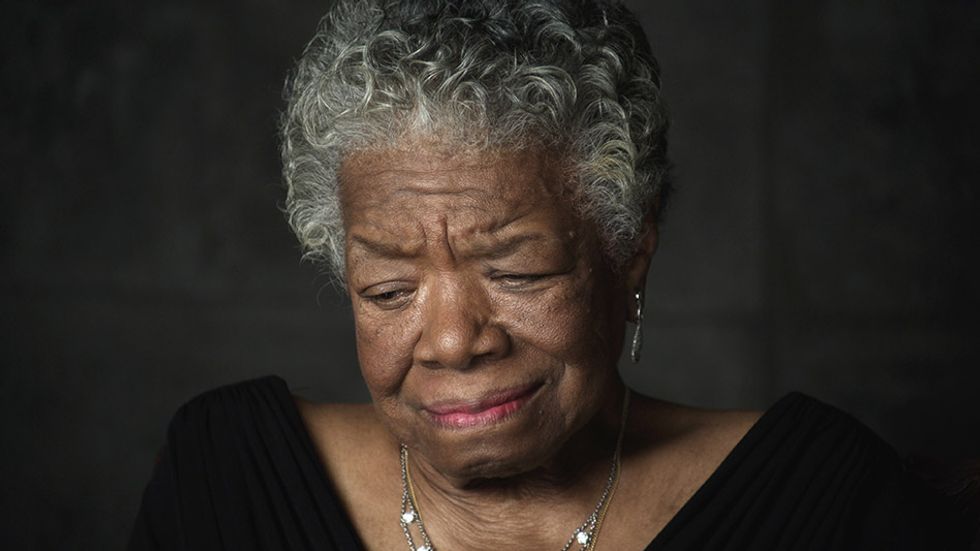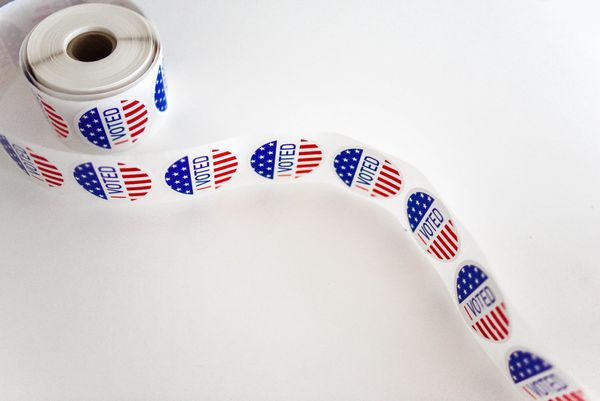Do you know what your name means? Has anyone botched it before? Took it upon themselves to name you something "easier"? Our names are at the foundation of our identity. The role of identity, more specifically the name we are given, plays a major role in the development of the protagonists in works of literature and in our lives. We see this, for example, in Shakespeare’s Romeo & Juliet when Romeo says, “A rose by any other name would smell as sweet”. In the scene, Romeo is trying to tell Juliet that what his last name is does not nor should not dictate their relationship because he still loves her. We also see an iteration of this in Arthur Miller’s The Crucible when John Proctor gives his famed monologue, “Because it is my name! Because I cannot have another in my life!...How may I live without my name? I have given you my soul; leave me my name!”. The play takes place during the Salem Witch Trials in Massachusetts where everyone is being blamed and killed on weak claims of witchery and all Proctor wants to do is save and protect his name as it is the only thing he has left. In Maya Angelou’s I Know Why The Caged Bird Sings, Angelou gives detailed accounts when her name, Marguerite, is essentially white-washed with white-privilege: it is when a white person can look at an ethnic or seemingly onerous name and replace it with something “easier” or refusing to respect the name because it's more convenient for them. For example, this happens when Angelou starts working for a white woman, Ms. Viola Cullinan, who refuses to call her Marguerite, “Well, [Marguerite may be your name], but the name’s too long. I’d never bother myself. I’d call her Mary if I was you.” (Angelou, 107). Apparently, it’s too tiring to say Marguerite, which is only one syllable longer than "Mary". Unfortunately because she has the relative power in this context, Ms. Cullinan can call Angelou whatever she likes.
The reader of Angelou's I Know Why The Caged Bird Sings can vividly see how pervasive white privilege and blatant disregard for social-moral norms is through the story she tells of when the "powhitetrash" enter her family store one day, “[The little white girls] called my uncle by his first name and ordered him around the Store. He, to my crying shame, obeyed them in his limping dip-straight-dip fashion” (Angelou, 28). As opposed to giving Uncle Willy the respect he deserves, as any sensible person would, the little white children took it upon themselves to disrespect Uncle Willy. Obviously, since a young age, the "powhitetrash" are socialized to treat the elderly black as less because of overt discrimination being taught to them by their parents: the white talk and the black obey. This scene is replayed in a later part of Angelou's autobiography when the little girls are coming from the hill and Angelou is working outside with her grandmother. After the girls are through disrespecting and mocking “Momma" in the most racist way, they decide to address Angelou's grandmother, Annie, an adult, by her first name, “‘Bye, Annie’…’Bye, Miz Helen’” (Angelou, 32). Part of me does not want to blame them because they are a product of the era in which they were born, but it is only white privilege that can explain how black people are often expected to conform and coddle the feelings of white people: it is Angelou's grandmother that is respecting the children, which breaks every social norm. Race complicates everything.
Angelou's experiences of her name being white-washed and white people refusing to respect her people are not uncommon. Take, for example, Orange is the New Black star, Uzo Aduba who, in an interview, shared a conversation she had with her mother when she wanted to essentially change her name, "So I went home and asked my mother if I could be called Zoe. I remember she was cooking, and in her Nigerian accent she said, 'Why?' I said, 'Nobody can pronounce it.' Without missing a beat, she said, 'If they can learn to say Tchaikovsky and Michelangelo and Dostoyevsky, they can learn to say Uzoamaka.'"...we know who "they" are. Aduba's mother is exactly correct: names like Fyodor Dostoyevsky and Annie Proulx, can be treasured, by some, but when it comes to an ethnic minority's name, it's xenophobic and sayings like "I'm bad with names" become a cop out, essentially stripping the person of their dignity and respect. So no, Romeo: a rose by any other name would not smell as sweet because you'd be changing the flower.





















